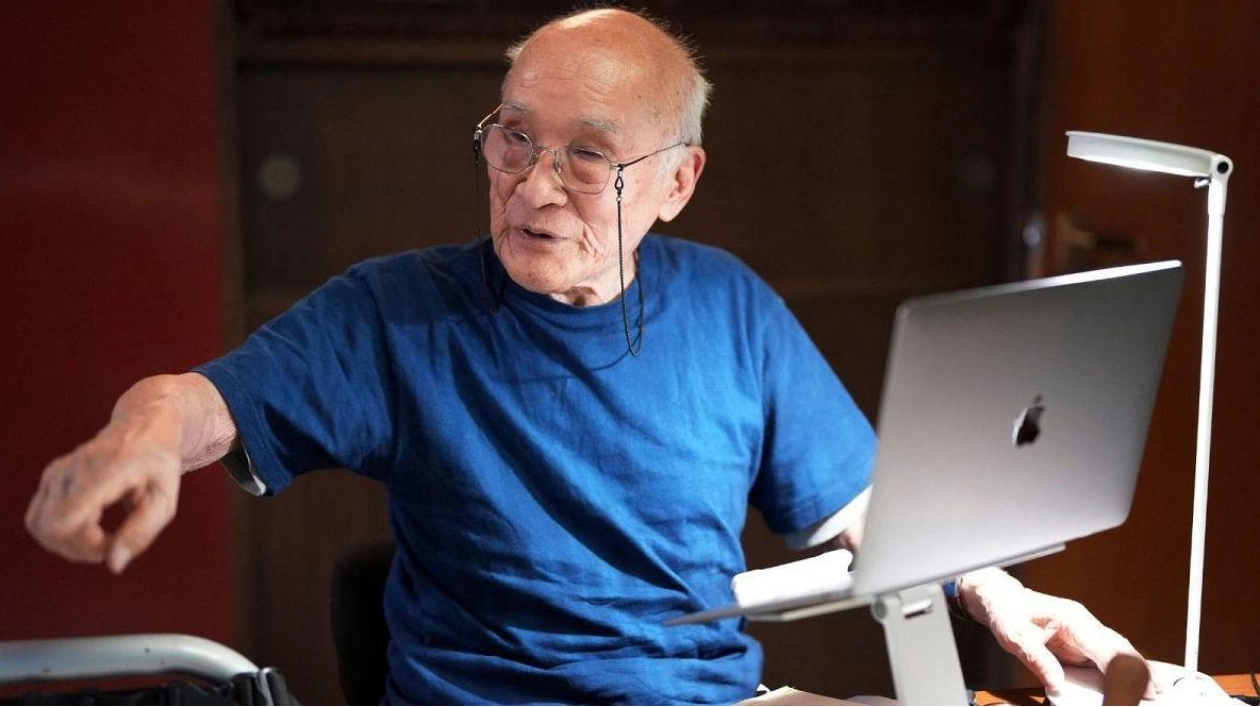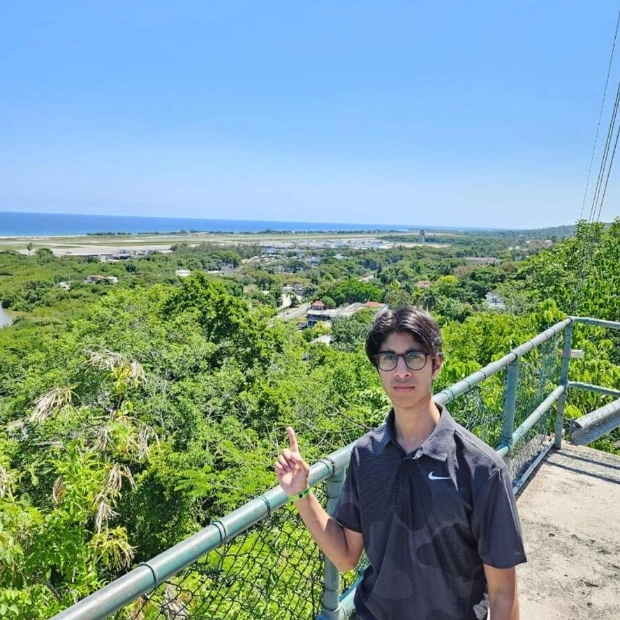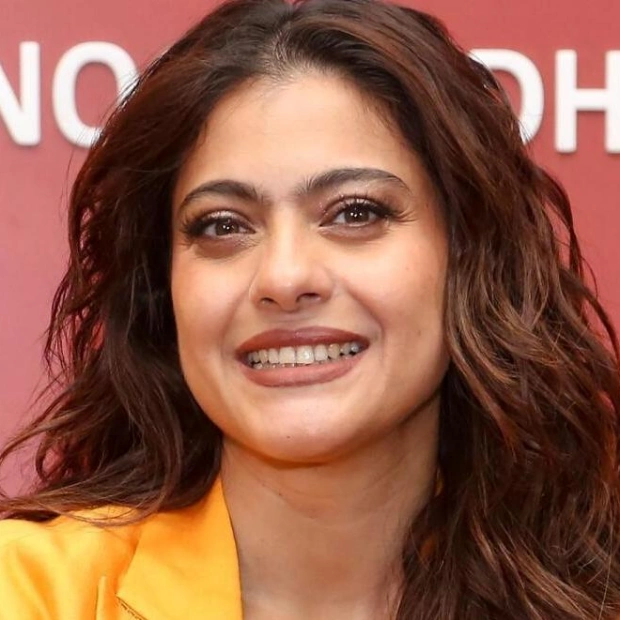Shuntaro Tanikawa, a trailblazer in modern Japanese poetry, has passed away at the age of 92. Tanikawa, known for translating the Peanuts comic strip and writing the theme song for the Astro Boy animation series, died on November 13, as confirmed by his son Kensaku Tanikawa. The elder Tanikawa succumbed to old age at a Tokyo hospital.
Tanikawa made a significant impact on the literary scene with his 1952 debut, 'Two Billion Light Years of Solitude,' which offered a profound perspective on the cosmos through everyday life. Published before Gabriel García Márquez’s 'One Hundred Years of Solitude,' it became a bestseller.
His work 'Kotoba Asobi Uta,' or 'Word Play Songs,' is an innovative exploration of rhythm through the juxtaposition of similar-sounding words, such as 'kappa' and 'rappa,' creating a playful, sing-song compilation rich in alliterations and onomatopoeia.
In a 2022 interview with AP, Tanikawa expressed, 'For me, the Japanese language is the ground. Like a plant, I place my roots, drink in the nutrients of the Japanese language, sprouting leaves, flowers and bearing fruit.'
Tanikawa's poetic exploration extended beyond the musicality of spoken words to the magic found in small, everyday things. This reverence for the beauty of the Japanese language is evident in every work he undertook, including the script for Kon Ichikawa’s documentary film of the 1964 Tokyo Games, 'Tokyo Olympiad.'
He also translated works by Mother Goose, Maurice Sendak, and Leo Lionni, and his own works have been translated into English, Chinese, and various European languages. Some of his creations were adapted into picture books for children and frequently featured in Japanese school textbooks. He even incorporated foreign-derived Japanese words into his poems, such as 'Coca-Cola.'
In his prose poem titled 'Coca-Cola,' where a boy opens a Coke can, he wrote, 'If, for instance, he saw the infinite universe that started or ended at the tip of his can, he was totally unaware of it. One might be able to opine that he named every bit of the unknown about to swallow him with all the vocabulary he could muster, which included his future vocabulary that was yet dormant in his subconscious.'
Born in 1931, Tanikawa was the son of philosopher Tetsuzo Tanikawa and began writing poetry in his teens, associating with renowned poets like Makoto Ooka and Shuji Terayama. He initially believed poems were divine inspirations but later felt they arose from the ground.
Tanikawa expressed curiosity about the afterlife, stating, 'I am more curious about where I will go when I die. It’s a different world, right? Of course, I don’t want pain. I don’t want to die after major surgery or anything. I just want to die, all of a sudden.'
He is survived by his son, musician Kensaku Tanikawa, daughter Shino, and several grandchildren.
Source link: https://www.euronews.com






